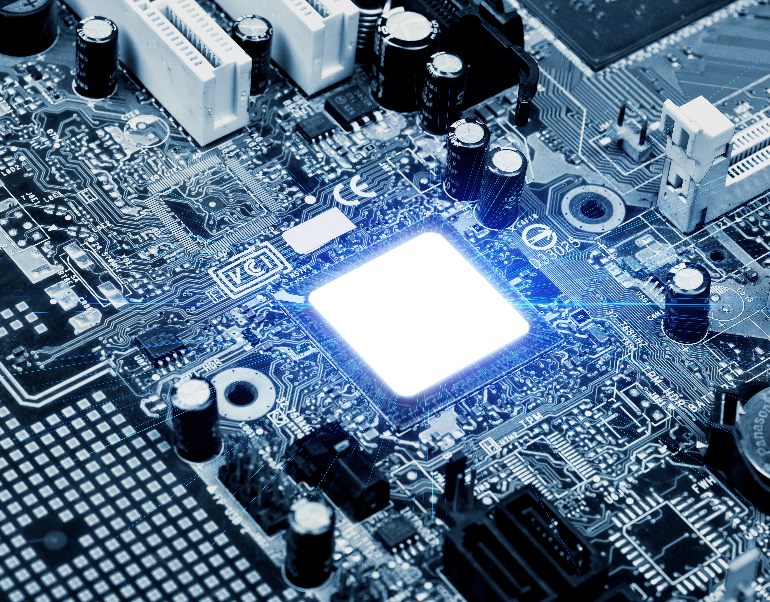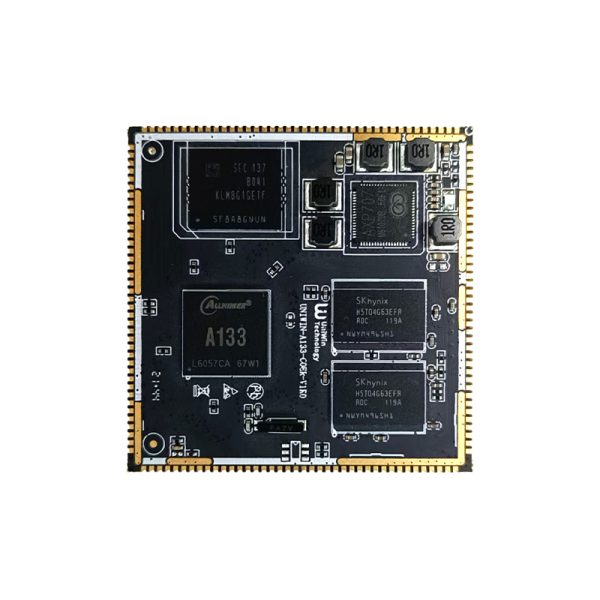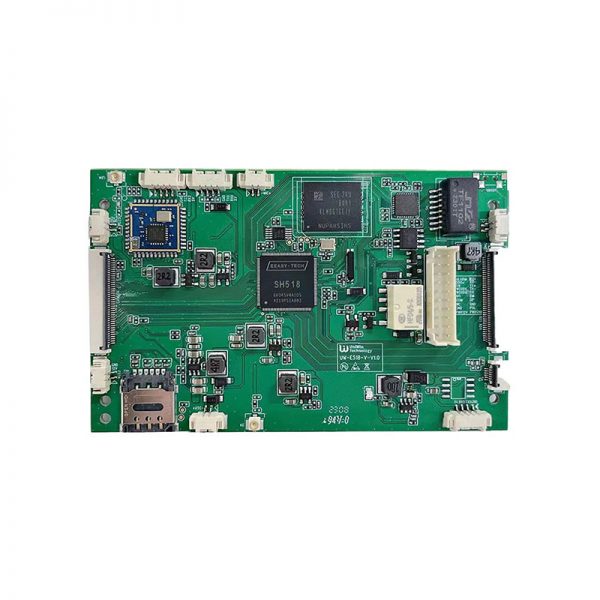
What is an ARM Motherboard
ARM (Advanced RISC Machine) motherboards are at the heart of many smart devices today, from access control units to intercom systems. Founded on RISC (Reduced Instruction Set Computing) ideas, ARM architecture maintains a straightforward processor design so it consumes less power and is more efficient compared to traditional CPU. ARM motherboards are thus ideal for embedded systems that must be fast, trustworthy, and run small packages.
How ARM differs from traditional x86
The fundamental distinction between ARM and x86 processors lies in their instruction sets. While x86 CPUs, which are common in desktops, follow a CISC (Complex Instruction Set Computing) architecture, ARM CPUs focus on a streamlined RISC design. ARM’s benefits are:
- Power efficiency: Reduced power consumption facilitates fanless always-on systems.
- Low heat and size: Miniature products without thermal management issues.
- Embedded performance: Advanced ARM CPUs enable multimedia, AI, and networking effectively.
Such advantages make ARM motherboards especially suitable for smart access control and IoT appliances where performance and energy efficiency are critical.
ARM motherboard key components
An ARM motherboard integrates all the components essential to support embedded applications. Typical features are:
| Component | Function | Example |
| CPU | Multi-core processing for AI and multimedia | Rockchip RK3588: 4x Cortex-A76 + 4x Cortex-A55 |
| Memory | DDR3/DDR4 RAM support | 2GB–8GB configurable |
| Display | HDMI, LVDS, eDP, or MIPI output | Supports dual-channel eDP screens |
| Interfaces | USB, serial (RS232/485), Ethernet, audio I/O | Up to 9 USB ports and 7 serial ports |
| GPIO & Expansion | Connect peripherals like cameras or sensors | MIPI CSI, SDIO, SPI |
Why ARM Motherboards Are Fit for Smart Systems
Low Power Consumption
ARM motherboards are highly power-efficient, making them perfect for 24/7 operating devices such as intercom systems and access control panels. Reduced power consumption translates to reduced costs of operation and longer device lifespan.
Compact Size with High Performance
New ARM boards, such as Uniwin-Global’s A133 equipped with a quad-core Cortex-A53 64-bit processor, offer sufficient processing capability for demanding applications such as facial recognition and multimedia processing in compact sizes.
Scalability and Integration
ARM motherboards accommodate various I/O configurations (USB, serial, Ethernet, MIPI CSI camera inputs) and can be easily integrated into various smart systems. ARM motherboards also offer support for various operating systems, such as Android and Linux, to enable flexible development.

Uniwin-Global Application of ARM in Access Control Systems
Uniwin-Global incorporates ARM motherboards in its access control products to improve security, reliability, and performance:
- Facial Recognition Terminals: Boards like E518-V provide dynamic recognition of 5,000 faces even under adverse lighting.
- Real-time Processing: AI capability on boards like the M588 (RK3588 chip) provides free-flowing recognition even during heavy user volume.
- System Stability: ARM-based solutions provide stable performance for round-the-clock applications, supported by a rock-solid Android OS with memory-optimized control.
ARM Motherboards in Intercom Systems
Uniwin-Global intercoms featuring high-performance ARM boards, such as WO501 outdoor station:
Gig-Speed Audio-Video Processing
Hardware-level optimized SIP-based calling and video streaming result in zero-latency processing.
Smart Building Integration
Integrates seamlessly with indoor units or apps for two-way audio/video connection and remote door control.
Remote Management
Remote monitoring of devices and firmware updates is possible through the cloud, reducing on-site maintenance needs.
ARM Compared with Other Hardware Platforms
- Power Efficiency: ARM boards consume significantly less power than x86 solutions and still provide sufficient performance for applications like image processing and network communication.
- Cost-Effectiveness: High integration (onboard Bluetooth, Wi-Fi, Ethernet) reduces the requirement for additional modules, keeping system costs low.
- Longevity and Maintenance: Fanless design reduces mechanical failure, ensuring long-term stability, especially in embedded use.
Applications Beyond Access Control
ARM motherboards are general-purpose and can be utilized for a vast variety of IoT and smart applications:
- Smart Home Automation: Control lighting, HVAC, cameras, and sensors from a single low-power platform.
- Industrial Control: SH518 boardscapable of supporting HMI panels and PLC controllers in factory plants.
- Edge Computing: Local peripheral connections (coin acceptors, card readers) allow on-site processing prior to synchronizing with cloud platforms, ideal for application in kiosks and vending machines.

Choosing the Best ARM Board
Key factors to consider when selecting an ARM motherboard:
- CPU Performance: Quad-core or octa-core for AI or multimedia usage.
- Memory and Storage: DDR4/DDR3, RAM size, and OS support.
- Interfaces: USB, serial, Ethernet, camera in, display out.
- Operating System Support: Android, Linux, or other specialty systems.
- Compatibility: Ensure the board works with the product line (e.g., WR501, WO101, WI704).
FAQ
Q: On what operating systems do Uniwin-Global’s ARM motherboards support?
A: Our boards are supported by multiple OS, such as Android/Linux/Ubuntu/Debian, depending on the selected model.
Q: Is customization of hardware specifications available?
A: OEM/ODM alliance with full customization of hardware/system/application/platform layers is available.
Q: Do you have product certification?
A: International Product Certification, Compliance, and Safety Certification is being adopted by us.
Q: What is your after-sales service?
A: Yes, we do have a good technical support team. Hence, customer complaints will be attended to within 2 hours and disposed of within a maximum timeline of 48 hours.





